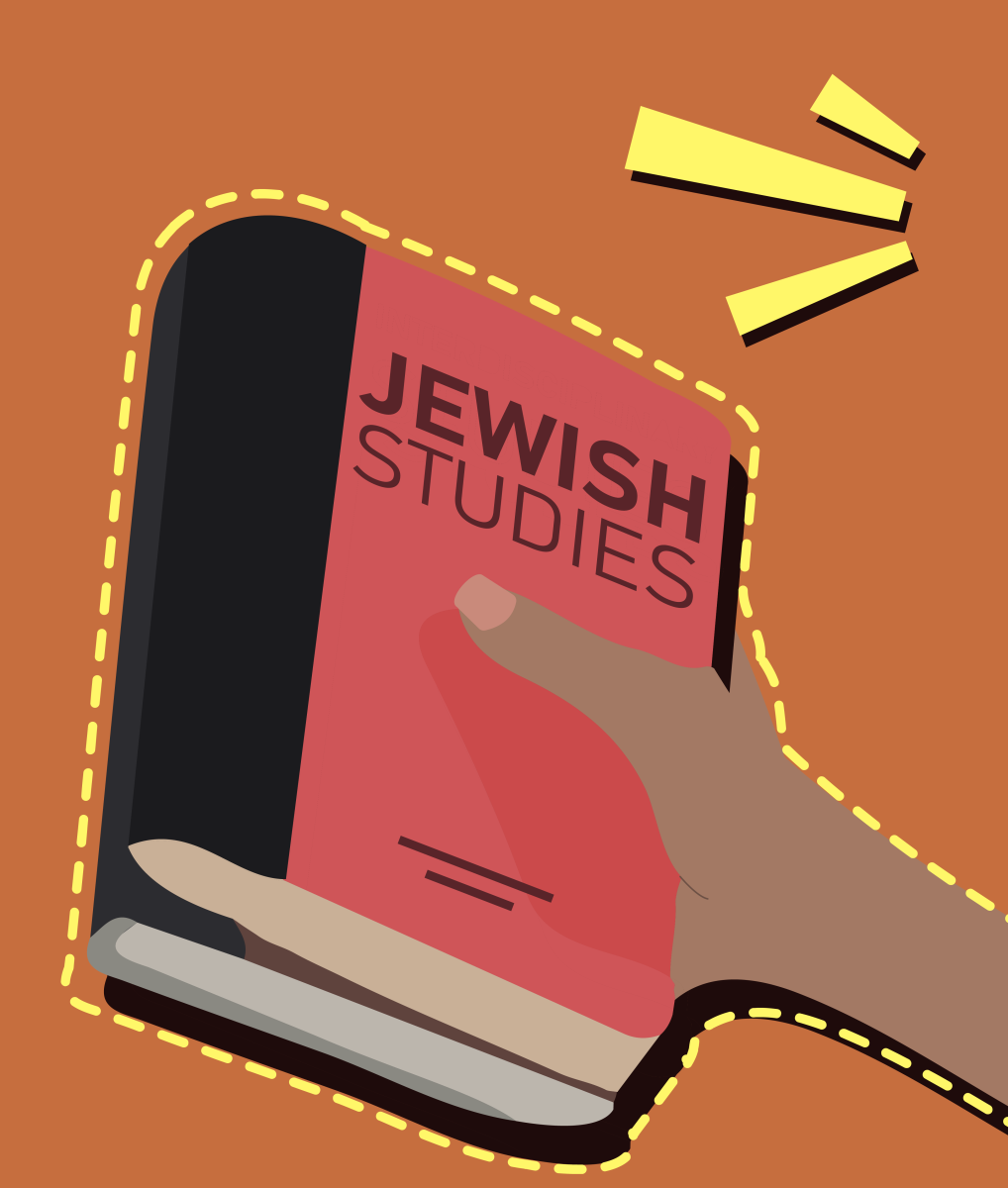Change is in the works at NC State as its selection of degrees is set to expand with the addition of a new minor in Jewish studies.
As early as next spring, students at NC State will be able to explore and pursue their interests in the field and receive an academic credential for their efforts. A minor would consist of five classes from a pre-approved list of courses that relate to some facet of Judaism in history, language, religion or social interaction.
Bill Adler, distinguished university professor of religious studies, spoke to this property of the subject.
“Judaism is such an area that overlaps so many different disciplines,” Adler said. “It’s just like religious studies in general; it is by nature multi-disciplinary. … Studying any religion forces you to look at it from many different angles.”
Adler also wants students to study what they find interesting and to take classes that fit their personal preferences.
“We would like students to be able to tailor their coursework to their specific interests so if they have political science interest they can take courses that are oriented in that direction,” Adler sad. “If you’re interested in studying Middle Eastern history, you might want to know about the origins of Zionism and the founding of the Jewish State.”
To some*, a topic like Jewish studies does not appear to offer much value to a prospective student, Adler explained the draw of the topic.
“I would say, though it seems a little arcane for some students, it’s connected with so many contemporary issues,” Adler said. “As a minority group, people are interested in this question of how minority groups fit into whatever nation they happen to find themselves in. Judaism is a perfect example of that. There is this question about how Jews navigated in a non-Jewish world.”
Until the program gets bigger numbers, the minor would draw on existing classes. Verena Kasper-Marienberg, a history professor involved with the program, would like to see something like a senior seminar as part of the program.
“From every specialty, you gain now a chance one time in your college time to actually intensely study a subject,” Kasper-Marienberg said. “Not just in one course, not just briefly, not just in one paper, just really go into depth in a topic. And whatever that is, that is a value in itself just to that you have a chance to really read yourself into a field and that you have an expertise in something.”
At present, the program is an interdisciplinary academic initiative, but the transition is more of a move on paper as many students have already taken up an interest in the subject. A transition would allow interested students access to a credential for pursuing their curiosity.
“We see that, consistently, students take several courses that kind of follow up on each other so there is a consistent interest, but they cannot make it in a minor for now,” Kasper-Marienberg said. “That’s unfortunate because they might take those classes but some they take for no credit or limited credit for different programs.”
This curiosity reaches across the entire history of Judaism.
“Many people, especially when we look at Jewish history, see centrally… the Holocaust and know maybe a little bit about Judaism but very little about what happened between Biblical Israel and the Holocaust; this period is kind of very overlooked,” Kasper-Marienberg said.
Students from all majors are welcome and encouraged to add Jewish studies as a minor in the near future to help flesh out their academic experience.
Editor’s Note: This article has been updated for clarity.








